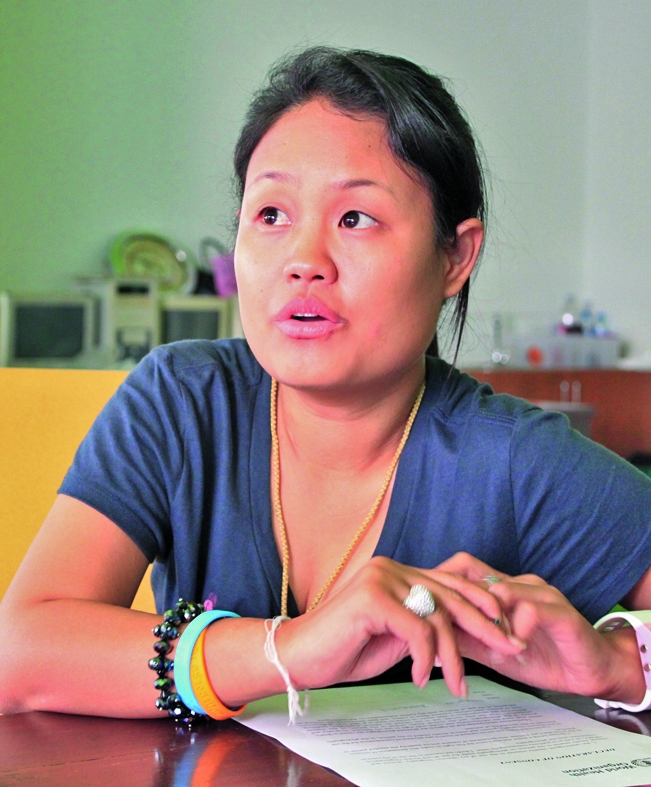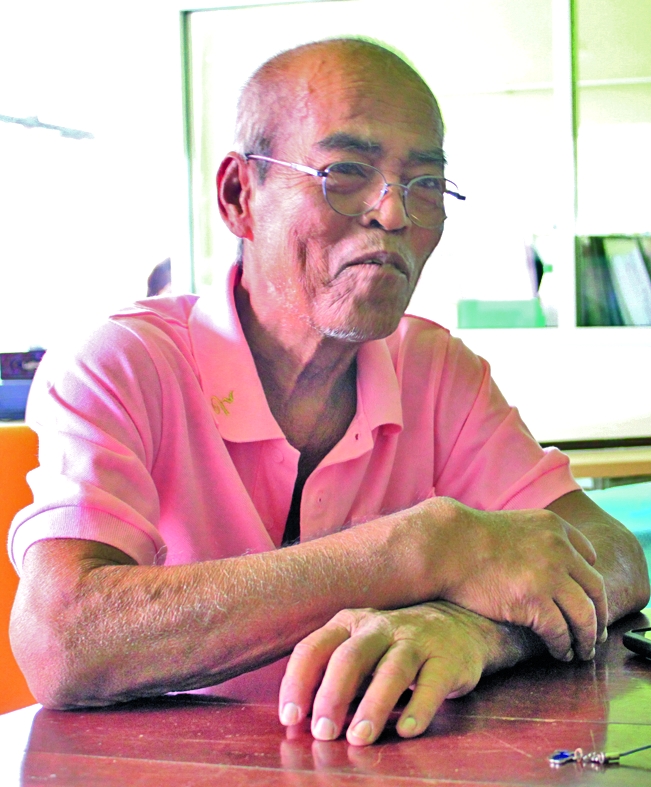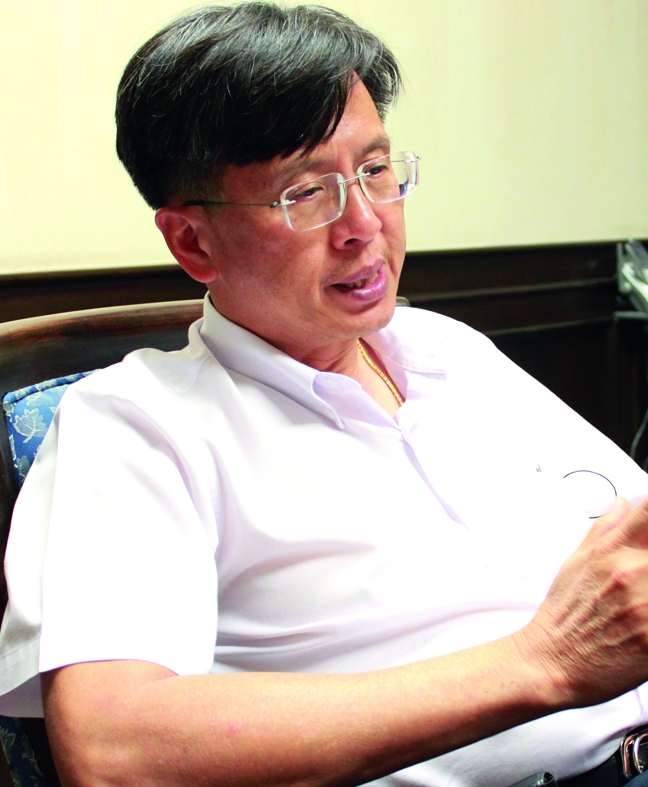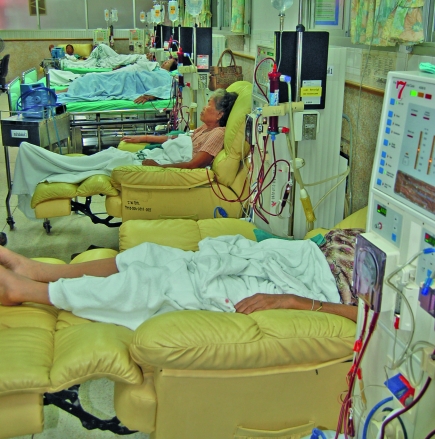Abstract
Thailand has had a universal health-care coverage scheme since 2002. In the second of our series on health financing, Apiradee Treerutkuarkul examines how renal-replacement therapy for chronic end-stage renal disease is straining the scheme’s resources.
In 1998 21-year-old Thunyalak Boonsumlit fell ill so her worried parents took her to hospital. “I thought I had food poisoning,” she recalls. The doctor, however, told her she had acute kidney disease and would die without immediate treatment. There was more bad news: although her parents were insured by Thailand’s Civil Servant Medical Benefit Scheme, this scheme only covers dependants up to the age of 20. Boonsumlit was treated for a month and sent home.
In 2002 Thailand reformed its public health financing system. This extended the scope of coverage to 18 million people who were uninsured and to a further 29 million who were previously covered by less-comprehensive schemes.
It was the realization of a project that had been a quarter of a century in the making, starting with the creation of a social welfare scheme for the poor in 1975. The new scheme offered comprehensive health care that included not just basics, such as free prescription drugs, outpatient care, hospitalization and disease prevention, but more expensive medical services, such as radiotherapy, surgery and critical care for accidents and emergencies. But it did not cover renal-replacement therapy due to budget constraints. Boonsumlit and thousands of fellow sufferers were on their own.
“There was a concern that renal-replacement therapy could burden the system. Major health risks leading to kidney diseases, such as diabetes and hypertension, were still not well controlled,” says Dr Prateep Dhanakijcharoen, deputy secretary general of the National Health Security Office, which oversees the Universal Coverage Scheme. And renal replacement therapy is expensive. The cost of haemodialysis is about 400 000 baht (US$ 12 100) per year. This is four times higher than the 100 000 baht (US$ 3000) per quality-adjusted life year threshold set by the National Health Security Office’s benefit package subcommittee for drugs and treatments. This threshold was adopted as a national benchmark.
Dhanakijcharoen believes that the Universal Coverage Scheme plan should have included kidney disease from the outset, a view shared by Dr Viroj Tangcharoensathien, director of the International Health Policy Programme at the Ministry of Public Health. It was a simple matter of fairness: “There are three health-care schemes in Thailand,” he says. “Only the Universal Coverage Scheme did not include renal-replacement therapy.”
In 2005 Boonsumlit became ill again and was diagnosed with end-stage renal disease. For a year her parents had to pay 400 000 baht (US$ 12 100) to cover her dialysis. This time she was told that if a suitable donor could be found, a kidney transplant was the best option. The procedure cost 300 000 baht (US$ 9000). Boonsumlit’s mother donated a kidney, and once again she and her husband paid all the bills, including the cost of post-transplant medication required to prevent the rejection of a new kidney.
But there was increasing community pressure for change. People like Subil Noksakul, who had spent his life savings on medical treatment over a period of 19 years, were tired of being treated like pariahs. “I once managed to save 7 million baht. But all my savings are now all gone,” he says. Like everyone else, he found it unacceptable that the Civil Servant Medical Benefit Scheme and the Social Security Scheme, which rely on public funds, both offered treatment for kidney disease while the Universal Coverage Scheme did not.
In 2006 Noksakul founded the Thai Kidney Club, which raised kidney patients’ awareness of their rights and put pressure on the National Health Security Office to provide treatment. Finally, in January 2008, the then public health minister, Mongkol Na Songkhla, bowed to public pressure and included renal-replacement therapy in the scheme. For Boonsumlit, Noksakul and thousands of other kidney patients, it was a watershed moment.
Unsurprisingly, since 2008, demand for treatment has spiralled. According to Dhanakijcharoen, 2.5 billion baht (US$ 76 million) of the total annual National Health Security Office budget of 120 billion baht (US$ 3.62 billion) has been allocated to renal-replacement therapy with 8000 patients receiving haemodialysis and 4000 receiving peritoneal dialysis: to meet the full need, this treatment would require a huge increase in funding.
“The cost of renal replacement therapy is still less than 2% of the total budget,” he says, but warns the cost could blow out should Thailand fail to focus on prevention and reduce new cases.
The Ministry of Public Health’s Tangcharoensathien paints an even starker picture: “Without alternatives, renal-replacement therapy, when fully scaled up to target end-stage kidney patients, could consume more than 12% of the Universal Coverage Scheme annual budget, and push it to the verge of financial crisis,” he says.
The National Health Security Office is trying to reduce some costs by encouraging patients to perform their own peritoneal dialysis at home. This is dialysis in which patients filter their own blood by periodically injecting fluid into the abdominal cavity, which is later drained. Tangcharoensathien believes nurses can play a crucial role in training patients and family members to use equipment that is provided free of charge under universal coverage. Meanwhile, those patients who continue with the more expensive haemodialysis must now pay one third of the total cost of treatment.
It is debatable whether home-treatment would have a big impact on costs, given the increased risk of infection and subsequent expenses associated with peritoneal dialysis, which costs up to 240 000 baht (US$ 7300) annually. However, it would save rural patients the twice-weekly fares to visit a haemodialysis centre in a provincial city, which poor patients cannot afford. The National Health Security Office aims to reduce the cost of peritoneal dialysis to about 200 000 baht (US$ 6000) per year.
More promising perhaps is the government’s broader campaign to improve the nation’s renal health. Screening for diabetes and hypertension, as part of a 2.5 billion baht (US$ 76 million project) is due to start this year. According to the National Health Security Office’s Dhanakijcharoen, the project will cover 5500 communities and municipalities nationwide. “Although the current health-promotion fund is still insufficient, it is a good start for prevention and early detection of diabetes and hypertension among local residents,” Dhanakijcharoen says, adding that encouraging healthier lifestyles will also help to reduce the cost of chronic disease and the burden it places on the health budget.
Tangcharoensathien concurs: “If the government allocated more budget to run the scheme, the National Health Security Office would be able to invest more in reducing health risks, and people would not end up with kidney disease in the first place.”
Both men are eager to see the latest universal coverage initiative succeed. They are proud of what has been achieved on total health expenditure equivalent to 4% of gross domestic product (GDP) – compared to the world median of 6.2% of GDP and 4.5% for lower-middle income countries. Dhanakijcharoen says, “We would like to let the world know that it’s not necessary to launch a universal health-care system only when the money is there; what is important is to work steadily on it. But dedication is a must.” ■
The demand for haemodialysis has spiralled in Thailand.
National Health Security Office, Thailand

Thunyalak Boonsumlit
WHO/Apiradee Treerutkuarkul

Subil Noksakul
WHO/Apiradee Treerutkuarkul

Dr Viroj Tangcharoensathien believes that encouraging healthier lifestyles will help to reduce the cost of chronic disease.
WHO/Apiradee Treerutkuarkul



